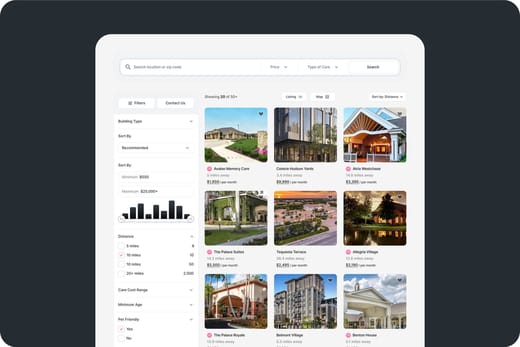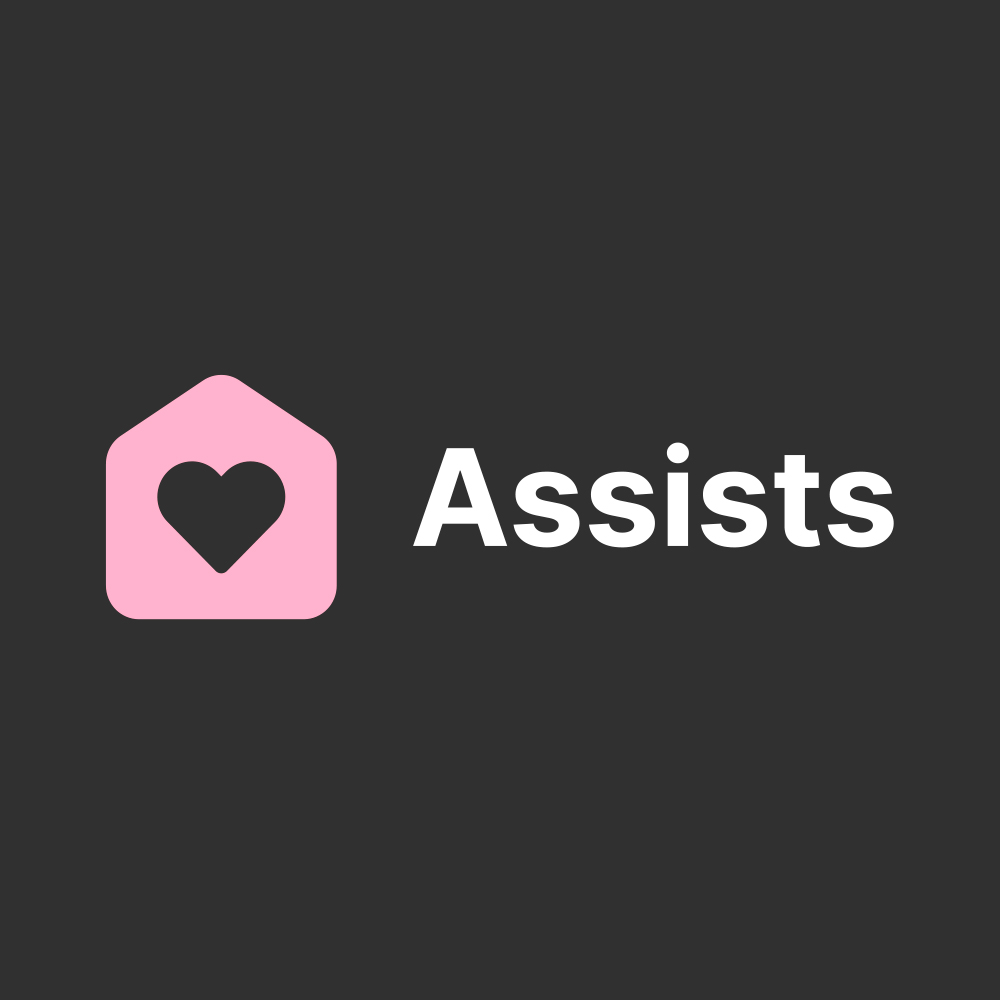Last Health inspection on Aug 2025
Mostly short-term rehab stays
Most residents typically stay for a few weeks or months before returning home or moving on.

We arrange tours, appointments, and even moving support so you don’t have to
Nestled in the charming city of Duluth, Minnesota, Lakeshore – The Fountains is a renowned assisted living community with a rich legacy of providing exceptional senior care for over 85 years. With an esteemed reputation in Northern Minnesota, Lakeshore – The Fountains is recognized as the premier senior living campus in Greater Duluth.
They offer 60 rehabilitation suites that feature private bathrooms and showers, ensuring privacy and comfort during the recovery process. They have short-stay residences that are thoughtfully designed to promote healing, offering amenities such as satellite television, telephone, and Wi-Fi connectivity to keep residents connected and entertained during their stay. With a dedicated team of compassionate professionals, Lakeshore – The Fountains is committed to providing personalized care and creating a nurturing environment for seniors. Whether they’re seeking assistance with daily activities or recovering from an injury, their community is here to support your needs and enhance your well-being.
Kristy Johnson serves as the Executive Director at Lakeshore - The Fountains. She leads the community with hands-on experience and genuine compassion, nurturing a thriving environment for residents and team members alike. Kristy is dedicated to supporting the mission and fostering a meaningful pursuit among the Lakeshore community.
May offer a more intimate, personalized care environment.
Occupancy is moderate, suggesting balanced demand.
Most residents typically stay for a few weeks or months before returning home or moving on.
65% of new residents, usually for short-term rehab.
35% of new residents, often for short stays.
 The portion of the home's budget spent on staff, including nurses, caregivers, and other employees who support care and operations.
The portion of the home's budget spent on staff, including nurses, caregivers, and other employees who support care and operations.
 All remaining costs needed to run the home, such as food, utilities, building maintenance, supplies and administrative expenses.
All remaining costs needed to run the home, such as food, utilities, building maintenance, supplies and administrative expenses.
Housing Options: Private Rooms
Building Type: 3-story
Transportation Services
Fitness and Recreation
Assisted Living For seniors needing help with daily tasks but not full-time nursing.
Independent Living For self-sufficient seniors seeking community and minimal assistance.
Assisted Living For seniors needing help with daily tasks but not full-time nursing.
Home Care
Independent Living For self-sufficient seniors seeking community and minimal assistance.
Memory Care Specialized care for those with Memory Loss, Alzheimer's, or dementia, ensuring safety and support.
Assisted Living For seniors needing help with daily tasks but not full-time nursing.
Assisted Living For seniors needing help with daily tasks but not full-time nursing.
Independent Living For self-sufficient seniors seeking community and minimal assistance.
Memory Care Specialized care for those with Memory Loss, Alzheimer's, or dementia, ensuring safety and support.
Assisted Living For seniors needing help with daily tasks but not full-time nursing.
Home Care
Hospice Care
Independent Living For self-sufficient seniors seeking community and minimal assistance.
4.0 miles from city center
4002 London Rd, Duluth, MN 55804
Add your location
Source: CMS Payroll-Based Journal (Q2 2025)
| Role ⓘ | Count ⓘ | Avg Shift (hrs) ⓘ | Uses Contractors? ⓘ |
|---|---|---|---|
| Registered Nurse | 22 | 7.7 | Yes |
| Licensed Practical Nurse | 9 | 7.5 | No |
| Certified Nursing Assistant | 50 | 7.2 | Yes |
| Role ⓘ | Employees ⓘ | Contractors ⓘ | Total Staff ⓘ | Total Hours ⓘ | Days Worked ⓘ | % of Days ⓘ | Avg Shift (hrs) ⓘ |
|---|---|---|---|---|---|---|---|
| Certified Nursing Assistant | 42 | 8 | 50 | 11,508 | 91 | 100% | 7.2 |
| Registered Nurse | 19 | 3 | 22 | 5,302 | 91 | 100% | 7.7 |
| Clinical Nurse Specialist | 9 | 0 | 9 | 3,200 | 63 | 69% | 7.6 |
| Medication Aide/Technician | 8 | 0 | 8 | 2,499 | 91 | 100% | 7.6 |
| Licensed Practical Nurse | 9 | 0 | 9 | 2,426 | 91 | 100% | 7.5 |
| Respiratory Therapy Technician | 8 | 0 | 8 | 1,847 | 83 | 91% | 7 |
| Speech Language Pathologist | 8 | 0 | 8 | 1,651 | 89 | 98% | 6.6 |
| Physical Therapy Aide | 3 | 0 | 3 | 1,187 | 65 | 71% | 7 |
| Physical Therapy Assistant | 7 | 0 | 7 | 1,075 | 81 | 89% | 6.8 |
| Other Dietary Services Staff | 3 | 0 | 3 | 1,047 | 65 | 71% | 6.2 |
| Occupational Therapy Aide | 2 | 0 | 2 | 485 | 58 | 64% | 7.6 |
| Administrator | 1 | 0 | 1 | 448 | 56 | 62% | 8 |
| Nurse Practitioner | 2 | 0 | 2 | 416 | 52 | 57% | 8 |
| Mental Health Service Worker | 3 | 0 | 3 | 165 | 13 | 14% | 6.9 |
| Occupational Therapy Assistant | 0 | 1 | 1 | 22 | 5 | 5% | 4.4 |
| Qualified Social Worker | 2 | 0 | 2 | 20 | 12 | 13% | 1.7 |
| Medical Director | 0 | 1 | 1 | 6 | 3 | 3% | 2 |
Last Health inspection on Aug 2025
2.33 citations per inspection (avg)
Citations can result from standard inspections or complaint-based investigations.
Source: CMS Long-Term Care Facility Characteristics (Data as of Jan 2026)
Active councils help families stay involved in care decisions and facility operations.
These measures show how residents usually do over time at this home, based on health outcomes and preventive care.
Historical financial and operational data for Lakeshore – The Fountains based on CMS SNF Cost Reports.
Loading trend charts...
Care Cost Calculator: See Prices in Your Area
Nursing Home Data Explorer
Don’t Wait Too Long: 7 Red Flag Signs Your Parent Needs Assisted Living Now
The True Cost of Assisted Living in 2025 – And How Families Are Paying For It
Understanding Senior Living Costs: Pricing Models, Discounts & Financial Assistance

We help families find affordable senior communities and unlock same day discounts, Medicaid, and Medicare options tailored to your needs.
Contact us Today
Touring a community? Use this expert-backed checklist to stay organized, ask the right questions, and find the perfect fit.
We'll send you a PDF version of the touring checklist.
